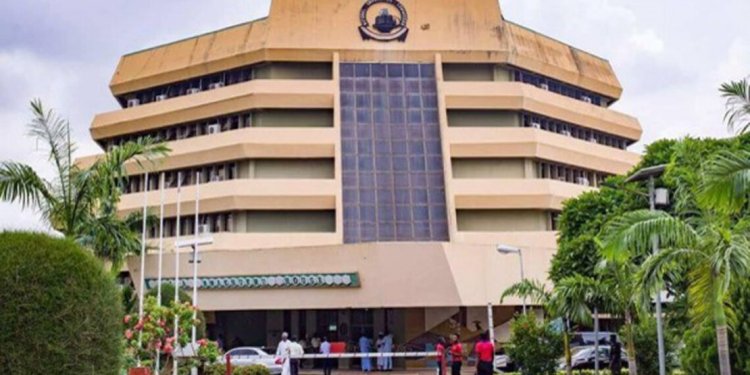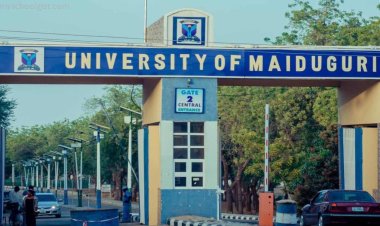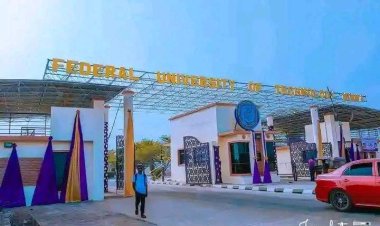Nigerian Universities Can Only Admit 700,000 Out of 2 Million Annual Applicants, Reveals NUC
The National Universities Commission (NUC) has revealed that Nigeria’s universities can only admit 700,000 out of the two million applicants each year, highlighting a significant capacity issue. Dr. Chris Maiyaki, Acting Executive Secretary of the NUC, addressed this concern at an AGM at Ahmadu Bello University (ABU), Zaria.

The National Universities Commission (NUC) has unveiled a critical issue within Nigeria’s higher education system, revealing that the nation’s universities are only able to admit 700,000 students out of the two million applicants who seek admission each year. This stark contrast underscores a significant capacity shortfall, exacerbating the gap between the demand for higher education and the available spaces across Nigeria’s 274 universities.
Dr. Chris Maiyaki, the Acting Executive Secretary of the NUC, disclosed these figures at the Annual General Meeting (AGM) of the International Studies Alumni Association held at Ahmadu Bello University (ABU), Zaria. He pointed out that this disparity leaves a large number of applicants without placement each year, highlighting the urgent need for increased educational capacity.
In response to this challenge, the NUC has introduced a transnational education initiative aimed at attracting foreign investors to establish branch campuses and other educational institutions within Nigeria. This initiative is designed to expand the number of available university placements and mitigate the existing shortfall. Dr. Maiyaki explained that this policy would involve strict regulatory oversight to ensure that any new institutions meet the academic standards set by the NUC. This initiative is part of a broader strategy to enhance the quality and availability of higher education in the country.
President Bola Tinubu has advocated for a mixed model of public and private financing to support Nigerian universities. He has encouraged corporate bodies, communities, and individuals to contribute toward the improvement of university education. Tinubu’s proposal highlights the need for additional financial support beyond government funding to bolster university resources.
Furthermore, Dr. Yusuf Tanko Sununu has reiterated the federal government’s commitment to education reform, with student loan laws expected to transform Nigeria’s educational landscape. Additionally, Tinubu emphasized that the removal of fuel subsidies would lead to long-term benefits, including investments in infrastructure, energy, and public services, which will contribute to national prosperity.
In alignment with these educational reforms, the Federal Government has awarded contracts for broadband infrastructure in 18 Nigerian universities and 20 markets, with each project valued at N400 million. This initiative, approved by the Federal Executive Council (FEC), aims to enhance digital connectivity and support the growing educational needs of the nation.
As Nigeria grapples with the challenge of accommodating its growing number of higher education applicants, these efforts by the NUC and federal government represent a significant step towards addressing the capacity shortfall and improving the overall quality of university education in the country.

 Chris Oyeoku Okafor
Chris Oyeoku Okafor 



